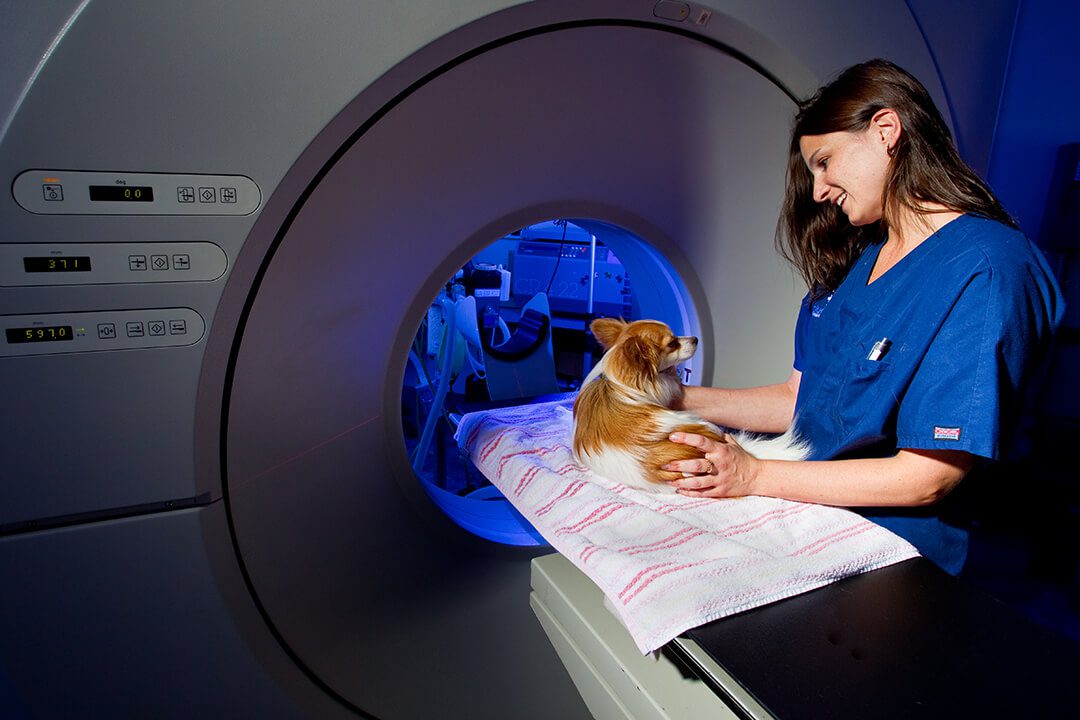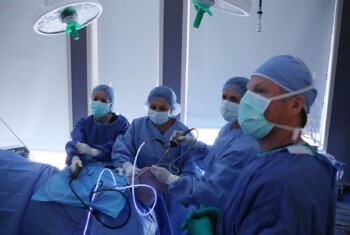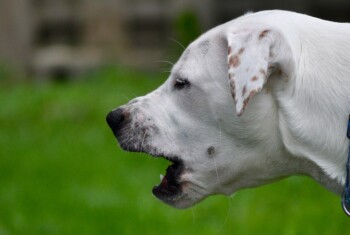Mycotoxicosis is a dangerous condition caused by exposure or ingestion of food contaminants, garbage or other decomposing items that may have mold spores that produce mycotoxins. Mycotoxins pose a significant risk to pets if they are exposed to the toxic compounds. In this article, we help you understand what mycotoxicosis is, how it occurs and how you can help safeguard your pets from exposure.
What are mycotoxins?
Mycotoxins are produced by certain types of mold and are extremely toxic to canines. Mycotoxins will cause severe illness and possible death if consumed and left untreated. If you suspect that your dog has come into contact with decomposing items, garbage or any other potentially moldy substances, it is crucial to contact your family veterinarian or an emergency vet immediately.
The ingestion or even inhalation of fungi found on food, such as moldy bread or cheese, can transmit mycotoxins to dogs. Moreover, pet food, garbage, decomposing yard items and animal droppings also pose dangers as they may contain mycotoxins.
How does mycotoxicosis occur?
One of the primary causes is the consumption of mold-contaminated food items, including dairy products, walnuts, peanuts, stored grains and pasta. Compost piles containing old or moldy foods also present a risk. Additionally, dogs with curious tendencies that rummage through garbage cans or encounter decomposing substances are susceptible to mycotoxin exposure.
If you notice your dog getting into garbage, compost or animal droppings, be sure to call your vet immediately and document what they were exposed to, when and how much may have been consumed.
Signs of mycotoxin exposure.
Signs of mycotoxin intoxication can demonstrate rapidly. Within minutes to hours, you may notice signs of an issue related to their central nervous and gastrointestinal systems.
- Early signs: Diarrhea, vomiting, agitation
- Intermediate signs: Seizures, tremors, stiffness, weakness
- Severe signs: Pneumonia, hypothermia, abnormal blood clotting
How to prevent mycotoxicosis.
To prevent your dog from being exposed to mycotoxins, it is essential to take proactive measures. Any time your dog has gotten into the garbage, moldy foods or composting sites, it’s vital to contact your vet immediately and let them know what happened. The quicker you can notify a vet, the quicker you can get treatment and avoid having your dog suffer from any further issues. Early and aggressive treatment leads to the best outcome possible.
Here are a few ways to prevent your dog from being exposed to mycotoxins:
- Secure compost piles with locking lids: Monitor your pet closely while in yards with a compost pile, and if possible, restrict access to the compost area.
- Keep trash cans securely closed: Use locking mechanisms or store trash cans inside cabinets or sheds. Consider utilizing baby-proof locks or magnetized lids to prevent pets from accessing the garbage.
- Store pet food properly: Keep pet food in its original bag and store it within a sealed container. Refrain from feeding dogs leftovers or human food. If you suspect exposure to moldy food or garbage, promptly contact your vet.
- Seek veterinary assistance when in doubt: If your dog exhibits any of the symptoms mentioned above or you witness them engaging in risky snacking, immediately consult a veterinarian for professional guidance.
If your dog has any of these symptoms or you see them getting into some risky snacking, call a vet immediately for guidance.
Adhering to these preventative measures and promptly seeking veterinary advice can minimize your pet’s risk of mycotoxicosis.


